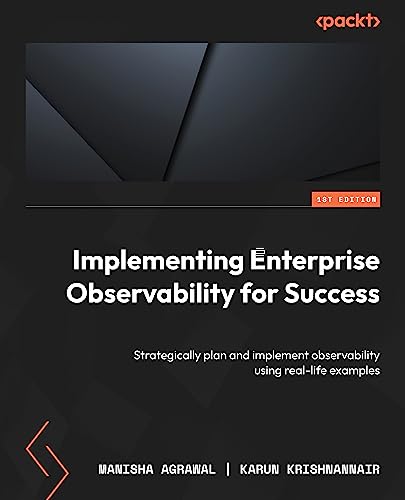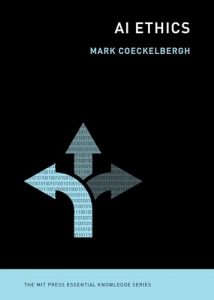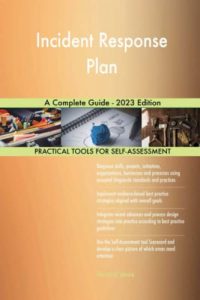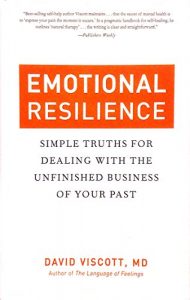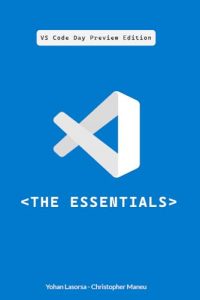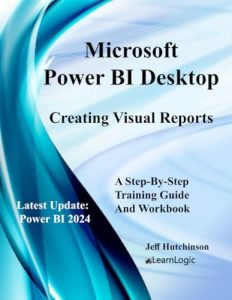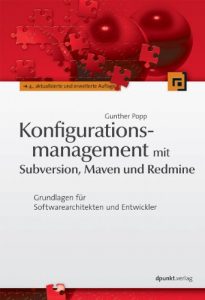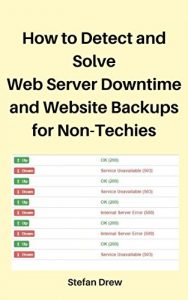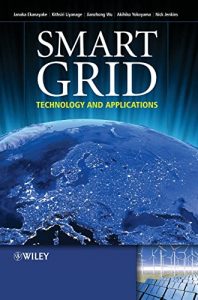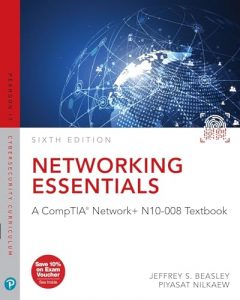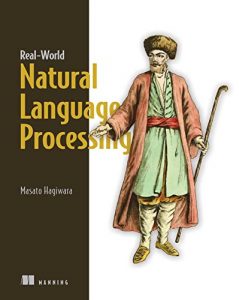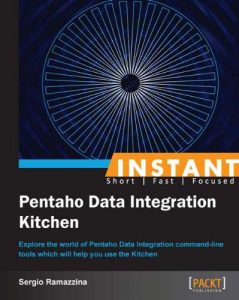Top Must-Read Books on Observability and Systems Design
The world of technology is ever-evolving, and staying up-to-date with observability and systems engineering is crucial for developing resilient systems. Here are seven essential reads that every technology professional should explore:
1. Implementing Enterprise Observability for Success
Authored by Manisha Agrawal and Karun Krishnannair, this book is a comprehensive guide to strategically planning and implementing observability with real-life examples. Readers will appreciate its practical approach that bridges the gap between theory and practice. The authors share insights into creating a robust observability framework that helps businesses understand their systems better and improve their performance. With contemporary examples and case studies, this book is a must-read for those looking to enhance their enterprise observability practices.
2. Cloud Native Data Center Networking
Dinesh G. Dutt’s Cloud Native Data Center Networking is an invaluable resource for understanding the architecture, protocols, and tools that define modern cloud networking. The book delves into the complexities of cloud-native environments, giving readers insights into how to optimize their infrastructures. With its in-depth analysis and practical examples, this title is essential for networking professionals aiming to thrive in a cloud-dominated world.
3. Kubernetes Security and Observability
In Kubernetes Security and Observability, Brendan Creane and Amit Gupta offer a holistic approach to securing containers and cloud-native applications. This book is indispensable for those managing Kubernetes environments as it provides practical strategies to fortify security while maintaining high observability. The authors emphasize the importance of maintaining a secure posture without sacrificing performance, making it an essential read for developers and security professionals alike.
4. Observability and Mathematics: Fluid Mechanics
Boris Khots presents an innovative angle on observability through the lens of mathematics in Observability and Mathematics. This book merges fluid mechanics and mathematical modeling, offering a unique perspective on how these principles apply to contemporary challenges in systems engineering. It’s a thought-provoking read for those interested in deepening their understanding of complex systems and their behavior under various conditions. Suitable for both engineers and mathematicians, this title will expand your insights into modeling and observability.
5. Mastering OpenTelemetry
Robert Johnson’s Mastering OpenTelemetry takes readers through building scalable observability systems for cloud-native applications. This book serves as an excellent introduction to observability concepts, focusing on OpenTelemetry—a crucial tool for monitoring applications. Johnson’s expertise provides practical guidance, making it ideal for software developers and system administrators looking to implement or enhance observability frameworks in their applications.
6. Chaos Engineering with Go
In Chaos Engineering with Go, authors Kapil Kumar Khandelwal and Mohit Garg explore building resilient systems through controlled chaos. This book is perfect for developers keen on understanding how to implement chaos engineering practices using Go programming. It highlights various strategies to create more reliable systems and emphasizes resilience as a key attribute in modern applications, making it a valuable addition to any engineer’s library.
7. Systems Performance
Systems Performance by Brendan Gregg is a detailed guide that covers performance analysis and tuning of computer systems. Aimed at system architects and performance engineers, this book provides advanced techniques that can be applied to modern hardware and software infrastructures. Gregg’s extensive experience shines through as he illustrates how to diagnose and resolve performance bottlenecks effectively. It is an essential read for anyone serious about optimizing system performance.
By investing time in these titles, you will equip yourself with the knowledge and tools necessary to navigate the complexities of observability and systems design in the tech landscape.

